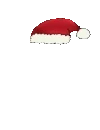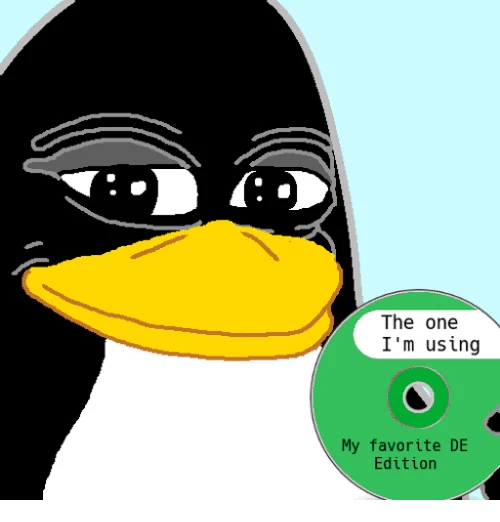orange site: https://news.ycombinator.com/item?id=40729259
 developer:
developer:
So an option that is literally documented as saying "all files and directories created by a tmpfiles.d/ entry will be deleted", that you knew nothing about, sounded like a "good idea"? Did you even go and look what tmpfiles.d entries you had beforehand?
Maybe don't just run random commands that you know nothing about, while ignoring what the documentation tells you? Just a thought eh
also:
systemd locked as too heated and limited conversation to collaborators 2 days ago


















Jump in the discussion.
No email address required.
please explain for the non-homosexuals in the audience, what significance does the /home have in context
Jump in the discussion.
No email address required.
The
/homedirectory in Unix-like operating systems, such as Linux, is a critical directory that serves as the root for user-specific directories. Each user on the system typically has their own subdirectory within/home, named after their username (e.g.,/home/alicefor useralice). Here's a breakdown of its purpose and why deleting it is problematic:Purpose of the
/homeDirectory1. User Data Storage: Each subdirectory within
/homestores the personal files, documents, configuration files, and application data for the respective user. This includes things like documents, pictures, and downloads, as well as hidden files and folders that hold user-specific settings.2. Configuration Files: User-specific configuration files (often hidden and prefixed with a dot, like
.bashrcor.profile) are stored in these directories. These files customize the user's environment and behavior of various applications.3. User Isolation: By placing each user's data in a separate subdirectory, the system ensures a degree of isolation between users. This helps in managing permissions and enhances security, as one user's files cannot be easily accessed or modified by another user without proper authorization.
4. Easy Backup and Restoration: Having a dedicated directory for user data makes it easier to back up and restore individual user accounts without affecting system-wide files and settings.
Why Deleting
/homeIs a Problem1. Loss of User Data: Deleting the
/homedirectory would erase all personal files and documents for all users on the system. This includes irreplaceable data such as personal photos, work documents, and important files.2. Configuration Loss: All user-specific configurations would be lost. This means users would lose custom settings for their applications and desktop environments, leading to a significant loss of productivity and potentially requiring extensive reconfiguration.
3. System Disruption: Many applications store user-specific data in the
/homedirectory. Deleting it would likely cause applications to fail or behave unexpectedly, as they rely on these files to function correctly.4. User Account Issues: Without a
/homedirectory, users would not have a default location for their personal files, leading to confusion and potential security risks. The system may not operate correctly for existing users and may prevent the creation of new user accounts.5. Recovery Complexity: Recovering a deleted
/homedirectory can be extremely difficult without a proper backup. Even if recovery tools are used, the integrity of the recovered data may be compromised, and there could be significant data loss.In summary, the
/homedirectory is essential for storing user data and configurations. Deleting it can lead to catastrophic data loss and significant disruption of user activity, making it critical to handle it with care and always ensure proper backups are in place.Jump in the discussion.
No email address required.
Jump in the discussion.
No email address required.
More options
Context
oh LOL deleting that would be dumb
Jump in the discussion.
No email address required.
More options
Context
More options
Context
More options
Context